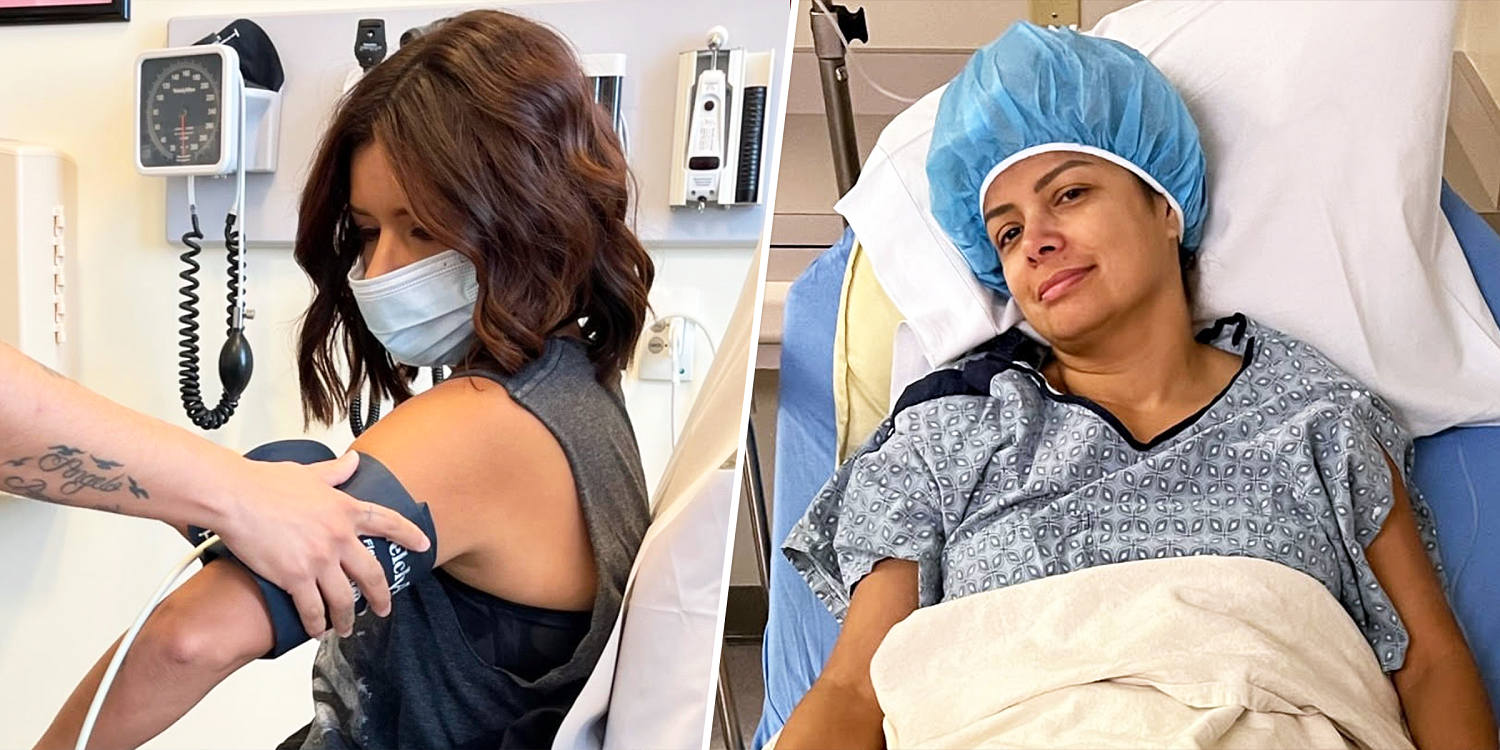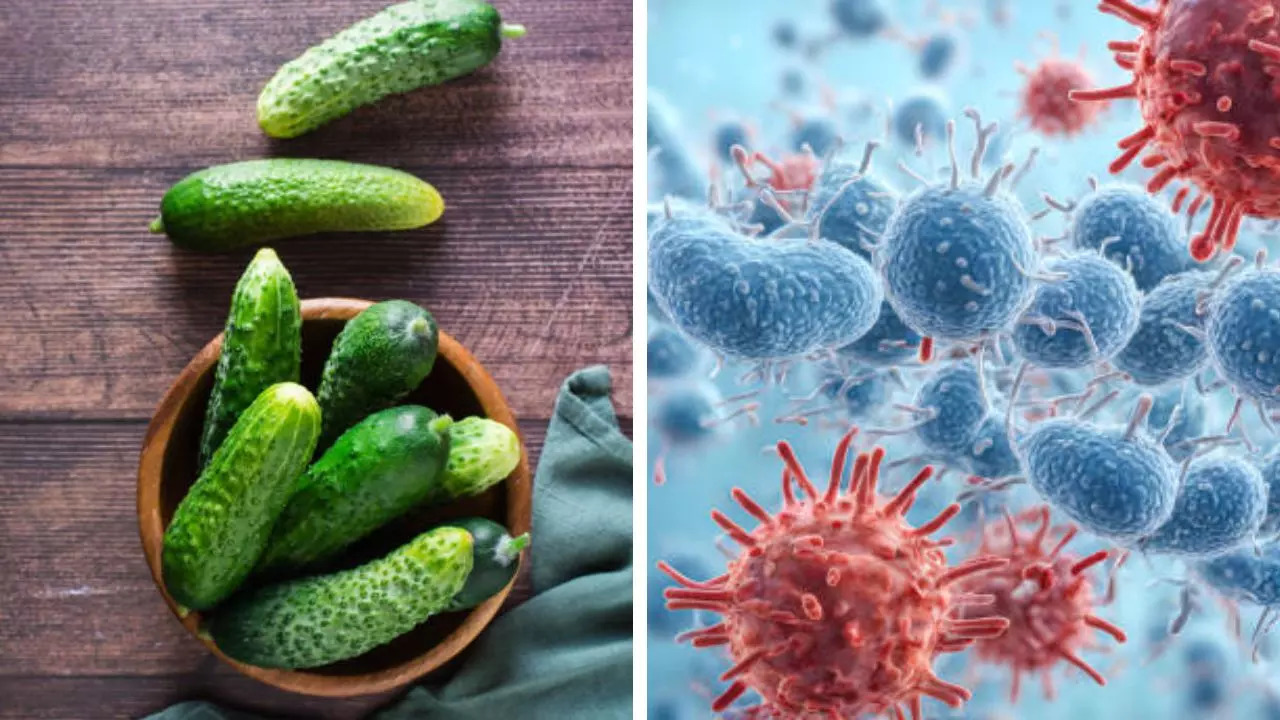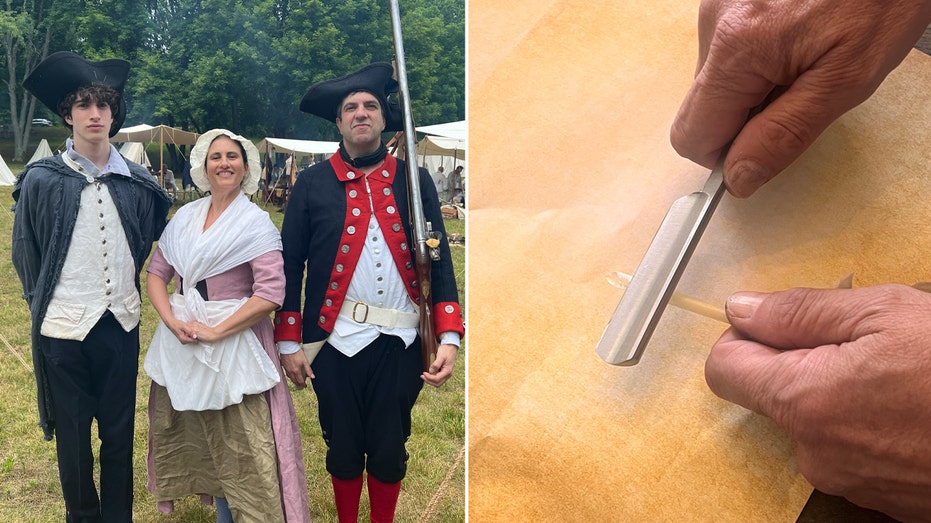:upscale()/2024/09/19/757/n/1922729/tmp_TRho0z_9617ca3b67276bc3_Pumpkin_Seed_Health_Benefits.jpg)
From pumpkin spice lattes to pumpkin cake , pumpkin gets plenty of (well-deserved) attention, especially once fall rolls around. But in the throes of carving out jack-o-lanterns and searching for more pumpkin spice snacks , we sometimes overlook one of the unsung heroes of the season — at least from a nutritional standpoint. As it turns out, pumpkin seeds are more than just pumpkin guts, and their long list of health benefits might surprise you.
To help us unpack why pumpkin seeds are so good for you, we asked experts about why they're worth saving post-pumpkin carving. Read on to learn more about the health benefits of pumpkin seeds, including the different varieties, specific nutritional information, and potential risks to keep in mind. Hailey Crean , MS, RD, CDCES, is a registered dietitian and certified diabetes care and education specialist.

Kelly Jones , MS, RD, CSSD, LDN, is a registered dietitian, board-certified specialist in sports dietetics, and owner of Kelly Jones Nutrition. Pumpkin Seed Varieties There are a few different types of pumpkin seeds. Green pumpkin seeds, also known as "pepitas," are the hulled seeds of certain varieties of pumpkins.
They're typically flat and oval in shape, and rich in antioxidants. They're also a great source of fiber, protein, and various beneficial minerals. "Scoop" seeds, on the other hand, refer to the seeds you scoop out from most pumpkin varieties.
These seeds are usually encased in a white shell that's slightly curved and round. While they have a similar nutritional profile to green pumpkin seeds, they require a bit more work to consume if you prefer to eat them shelled. But if you enjoy eating them as-is (after they're roasted), they can still be an easy-breezy snack to enjoy.
Pumpkin Seeds Nutrition Pumpkin seeds, both green pepitas and scooped seeds, are nutritional powerhouses. They're packed with essential minerals like magnesium, iron, and zinc, and are a natural source of plant-based protein and fiber, making them a satiating addition to your diet. While both pepitas and scoop seeds share similar nutritional profiles, there are slight differences (although it won't impact your health immensely if you choose one over the other).
For reference, here are the nutrition facts for one ounce of "scoop" pumpkin seeds, according to the United States Department of Agriculture : Pepitas, having no hull, are easier for your body to digest, allowing for quicker absorption of nutrients. Here is what you get when you eat one ounce of pepitas, per the USDA: Pumpkin Seed Health Benefits "Pumpkin seeds pack a lot of nutritional punch in a small volume, [as they're] rich in micronutrients including magnesium, zinc, and antioxidant vitamin E," says Hailey Crean, MS, RD, CDCES. Read on for a few of the most notable health benefits: Are There Any Risks to Eating Pumpkin Seeds? While pumpkin seeds are typically safe to eat and packed with nutrients, they may pose certain risks for some individuals.
For instance, those with allergies to pumpkin seeds may experience symptoms like rash, hives, or difficulty breathing. Additionally, since pumpkin seeds are high in fiber, consuming them in excess may lead to digestive discomfort, such as bloating and gas. Lastly, pumpkin seeds are calorie-dense, so moderation is key to avoiding excessive calorie intake.
So, Are Pumpkin Seeds Good For You? We can confirm that — generally speaking — pumpkin seeds are indeed good for you. They're a great source of antioxidants, iron, zinc, magnesium, and many other nutrients. Plus, the shell of the pumpkin seed is packed with fiber, promoting a healthy digestive system, and they contain lots of healthy fats, which are beneficial for heart health.
For an accessible source of plant-based protein , try adding these little gems to your next yogurt parfait, salad, or cozy vegan soup for a tasty and nutritious addition to your overall diet. — Additional reporting by Chandler Plante Lauren Manaker is an award-winning registered dietitian and freelance writer who is passionate about providing evidence-based nutrition information in a fun and interesting way. Chandler Plante is an assistant editor for PS Health and Fitness.
She has over four years of professional journalism experience, previously working as an editorial assistant for People magazine and contributing to Ladygunn, Millie, and Bustle Digital Group. In her free time, she enjoys finding new ways to rock her 18(!) different eye patches, and making videos about chronic illness, beauty, and disability. Turns Out Chia Seeds and Flaxseeds Aren't Interchangeable.
Here's When to Use Each..














